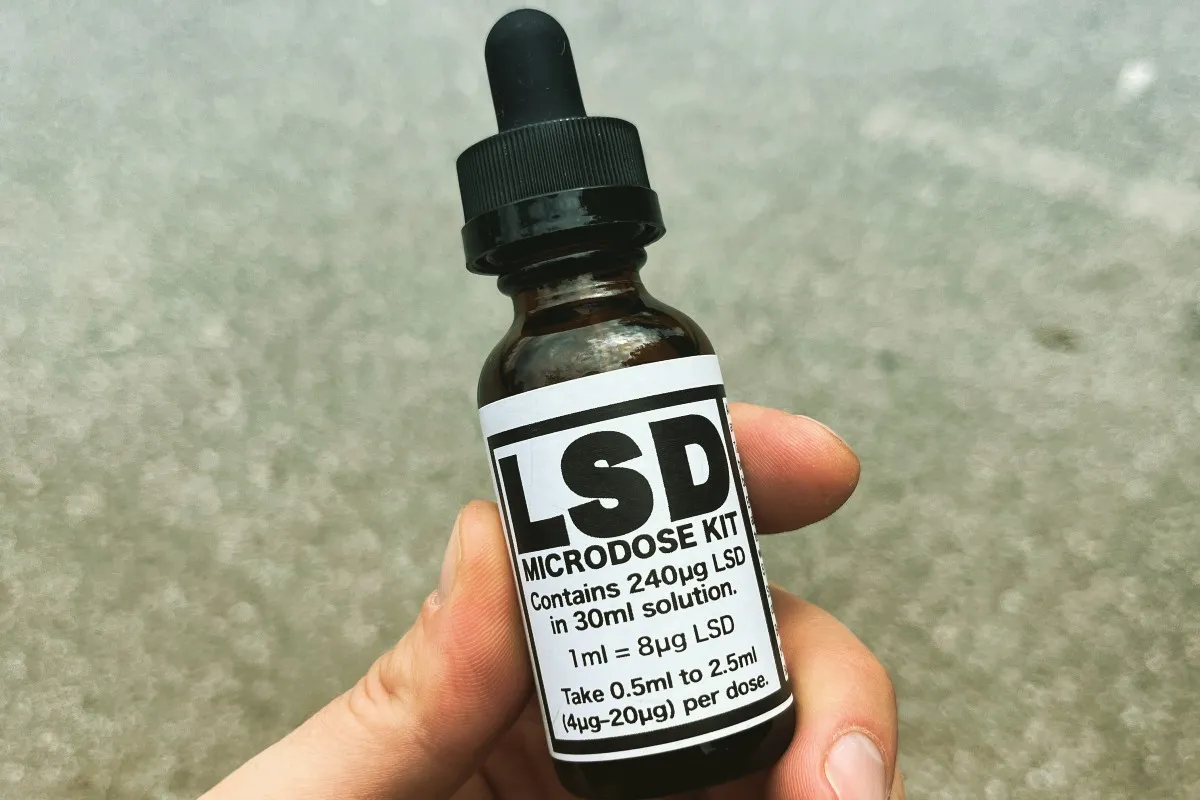Contraindications: Mental Health Conditions and Medications That Interact with LSD
Lysergic acid diethylamide (LSD) is a powerful psychedelic that profoundly alters perception, mood, and cognition. While research has shown potential therapeutic benefits when used in controlled clinical settings, recreational or unsupervised use carries significant risks—especially for individuals with certain health conditions or those taking Buy LSD specific medications. Understanding contraindications is a vital part of harm reduction, as combining LSD with vulnerable mental health states or incompatible drugs can lead to dangerous outcomes.
Mental Health Conditions That Increase Risks
-
Schizophrenia and Psychotic Disorders
LSD strongly influences serotonin and dopamine signaling in the brain, which are already dysregulated in psychotic disorders. Using LSD can trigger or worsen hallucinations, delusions, and paranoia, potentially leading to long-lasting psychosis. For individuals with a personal or family history of schizophrenia, LSD is considered especially risky. -
Bipolar Disorder
Psychedelics may destabilize mood in people with bipolar disorder. While some might experience temporary euphoria, others may enter manic or depressive states. Manic episodes triggered by psychedelics can be severe, leading to impulsive behavior, agitation, or hospitalization. -
Severe Anxiety or Panic Disorders
LSD amplifies emotions, and for those prone to anxiety or panic attacks, it can intensify fear to overwhelming levels. This greatly increases the risk of a “bad trip,” which may have lingering psychological effects. -
Depression and Suicidality
While clinical studies are exploring LSD and psilocybin as treatments for depression, this occurs under strict supervision with therapeutic support. In uncontrolled settings, LSD can surface painful emotions or exacerbate suicidal thoughts, putting vulnerable individuals at greater risk.
Medications That Interact with LSD
Because LSD primarily affects serotonin receptors, certain medications can interfere with its effects or create dangerous interactions:
-
Antidepressants (SSRIs, SNRIs, MAOIs)
-
SSRIs and SNRIs (e.g., fluoxetine, sertraline, venlafaxine) may blunt or block the effects of LSD by altering serotonin activity.
-
MAOIs (monoamine oxidase inhibitors), when combined with LSD, may intensify its effects unpredictably and could contribute to serotonin syndrome, a potentially life-threatening condition.
-
-
Antipsychotics
Drugs such as risperidone, olanzapine, or haloperidol typically block dopamine and serotonin receptors, reducing or abruptly terminating the psychedelic effects. If taken mid-experience, they may cause confusion, agitation, or an abrupt emotional crash. -
Mood Stabilizers
Lithium, commonly prescribed for bipolar disorder, is particularly dangerous when combined with LSD. Case reports suggest it may increase the risk of seizures or erratic, aggressive behavior. Other mood stabilizers, such as lamotrigine, may also interfere with LSD’s effects but are less well-studied. -
Stimulants
Prescription stimulants (e.g., Adderall, Ritalin) can elevate heart rate and blood pressure. Combined with LSD, this may increase cardiovascular strain and anxiety.
Conclusion
While LSD has a reputation for being physiologically safe at typical doses, its interaction with mental health conditions and medications makes it unsafe for certain individuals. Those with psychotic disorders, bipolar disorder, or severe anxiety face heightened psychological risks, and dangerous drug interactions—especially with lithium, MAOIs, or stimulants—can amplify harm. For people considering psychedelic use, understanding these contraindications is critical. In therapeutic contexts, screening for health history and medication use ensures that LSD is only administered in safe, supportive conditions.

